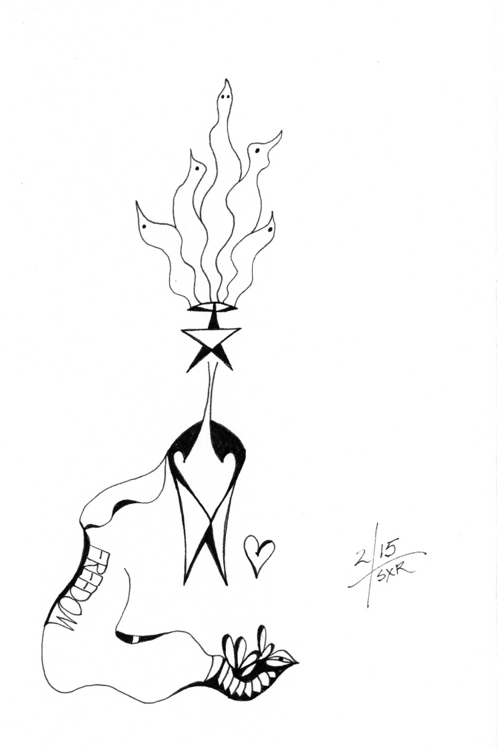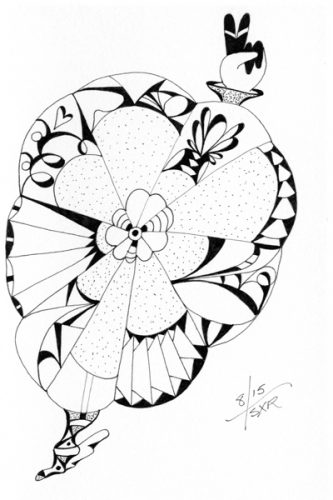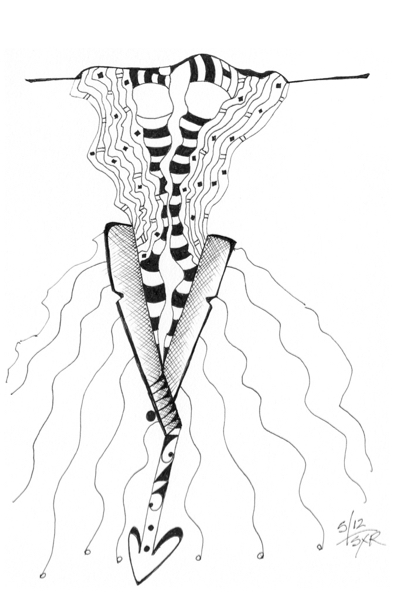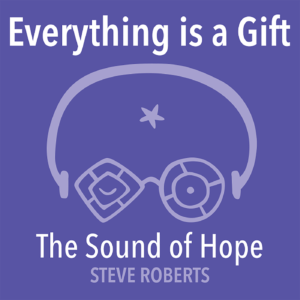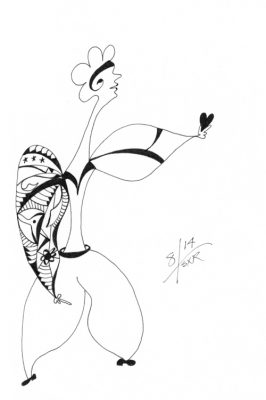
One way to get a glimpse of a person’s inner geography is to ask them to explain how a given action they have taken represents their definition of integrity.
Further, how it reflects values indispensable to the health of the human family.
And (especially if the person is a public figure), how they would present their position in an interactive setting with all the planet’s youth who hunger for strong examples of people worth emulating and principles worth embracing.
Obviously this isn’t the kind of request most of us this side of Mr. Rogers can respond to right off the cuff, so giving a person time for reflection is an important, and respectful, part of the exercise. It also makes their answers much more telling.
However they respond, we learn something vital about them.
This is the kind of inquiry that’s missing in the Brett Kavanaugh spectacle.
There’s much to learn from the drama surrounding the Supreme Court nomination of Mr. Kavanaugh, not least of all that his youthful behavior isn’t first on the list. Yes, the details of Mr. Kavanaugh’s life are important; it’s just that they are less important than the process of discovering and evaluating them. Establishing that process might be thought of as integrity seeking light.
Every choice we so-called adults make is an implicit statement of what constitutes integrity as we define it––our sense of what is sacred, what is essential, the values and practices we aspire to have guide our actions.
The audience for this statement includes everyone we serve in some way––ourselves for sure, but also our loved ones, colleagues, acquaintances, and, should we be a public figure such as a Supreme Court nominee or a member of Congress or, golly, even the president of the United States, our constituency can include the world at large.
Imagine if the confirmation process required Mr. Kavanaugh to make a presentation in any format or length he chose that conveyed the life experiences that have been most meaningful to him, what he has learned from them that he feels shapes his sense of self today, and how that shaping has taken place. It would be great if the audience were nationwide and he was obliged to respond to follow-up questions.
A mature person, in my view, is one with a healthy capacity for reflection, for learning from his or her experiences, and for growing his or her understanding for what is essential to respond to any situation in a positive way––a way that serves the needs of the moment and, by example, the whole of humankind.
In this spirit, imagine if all those responsible for filling this Supreme Court seat, including Mr. Kavanaugh himself, were given the opportunity to define as throughly as they could how a nominee’s fitness to be a Supreme Court Justice can be addressed in a manner that offers the world, for generations to come, an example of exceptional integrity.
That such a possibility can seem ludicrous suggests what a good reminder the Kavanaugh confirmation circus is. Specifically, how much love, courage and persistence is required for any of us to establish a strong sense of integrity––and act on it.


